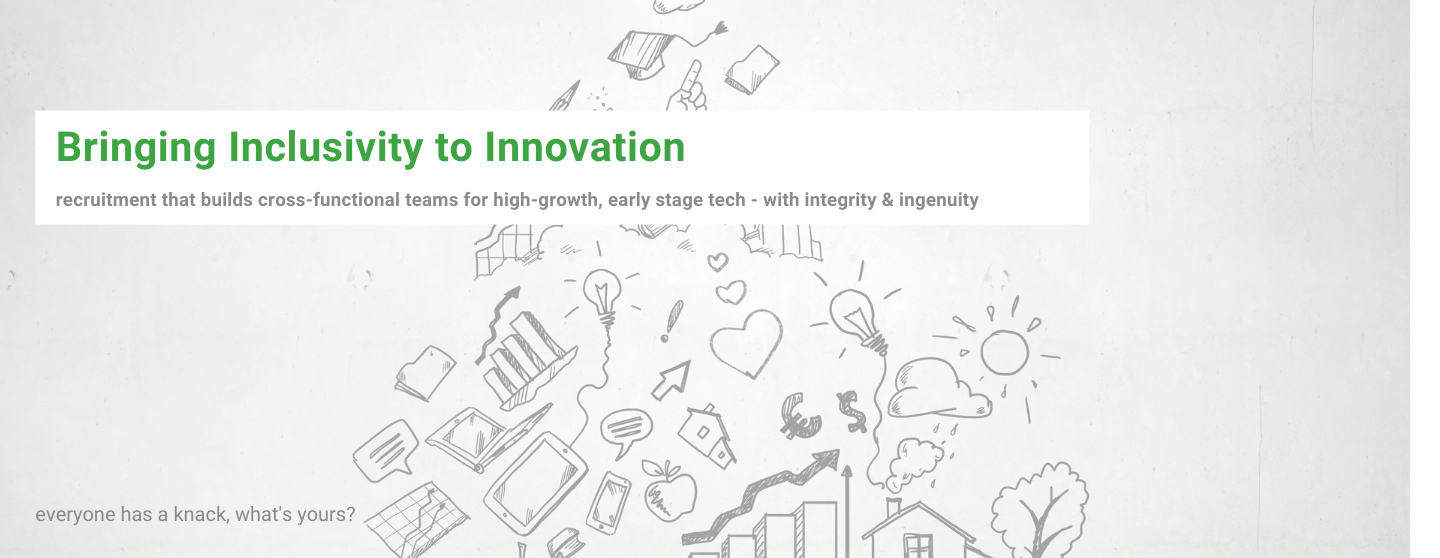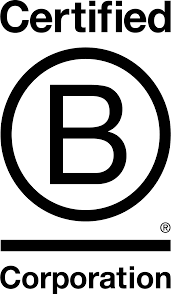

DK Recruiting

California, United States
December 2021
Management consultant - for-profits
Service with Minor Environmental Footprint
United States
Digital Knack is the trusted people partner for high-growth startups that have dynamic talent needs. We’re obsessed with solving the most challenging people puzzles. With a deep understanding of the unique needs of high-growth startups, we specialize in building cross-functional teams that drive success. Founded in 2013, we are proud to be a women-founded, women-led talent agency. We’re different by design and proven to deliver with a 95% client retention rate. Our Specialties: Executive Search, Building Teams and Fractional HR. We partner strategically, tailoring solutions to align with business goals, culture, and market position. We hire 60% of the total workforce for Series A-B clientele. We build teams via top-down leadership recruitment and bottom-up talent development. Our hiring focus includes Go-To-Market (sales, marketing, customer success), technology (product, IT), and business operations (HR, finance, legal). Serving industries like B2B SaaS, B2B2C SaaS, Digital Advertising, AdTech, Aerospace, Energy and Financial, we uphold integrity, spunk, ingenuity, and versatility. Everyone has a knack—what’s yours? Connect with us at dkpartners@digitalknack.com or digitalknack.com.
Overall B Impact Score
Governance 14.7
Governance evaluates a company's overall mission, engagement around its social/environmental impact, ethics, and transparency. This section also evaluates the ability of a company to protect their mission and formally consider stakeholders in decision making through their corporate structure (e.g. benefit corporation) or corporate governing documents.
What is this? A company with an Impact Business Model is intentionally designed to create a specific positive outcome for one of its stakeholders - such as workers, community, environment, or customers.
Workers 27.1
Workers evaluates a company’s contributions to its employees’ financial security, health & safety, wellness, career development, and engagement & satisfaction. In addition, this section recognizes business models designed to benefit workers, such as companies that are at least 40% owned by non-executive employees and those that have workforce development programs to support individuals with barriers to employment.
Community 22.3
Community evaluates a company’s engagement with and impact on the communities in which it operates, hires from, and sources from. Topics include diversity, equity & inclusion, economic impact, civic engagement, charitable giving, and supply chain management. In addition, this section recognizes business models that are designed to address specific community-oriented problems, such as poverty alleviation through fair trade sourcing or distribution via microenterprises, producer cooperative models, locally focused economic development, and formal charitable giving commitments.
Environment 2.7
Environment evaluates a company’s overall environmental management practices as well as its impact on the air, climate, water, land, and biodiversity. This includes the direct impact of a company’s operations and, when applicable its supply chain and distribution channels. This section also recognizes companies with environmentally innovative production processes and those that sell products or services that have a positive environmental impact. Some examples might include products and services that create renewable energy, reduce consumption or waste, conserve land or wildlife, provide less toxic alternatives to the market, or educate people about environmental problems.
Customers 19.7
Customers evaluates a company’s stewardship of its customers through the quality of its products and services, ethical marketing, data privacy and security, and feedback channels. In addition, this section recognizes products or services that are designed to address a particular social problem for or through its customers, such as health or educational products, arts & media products, serving underserved customers/clients, and services that improve the social impact of other businesses or organizations.
What is this? A company with an Impact Business Model is intentionally designed to create a specific positive outcome for one of its stakeholders - such as workers, community, environment, or customers.